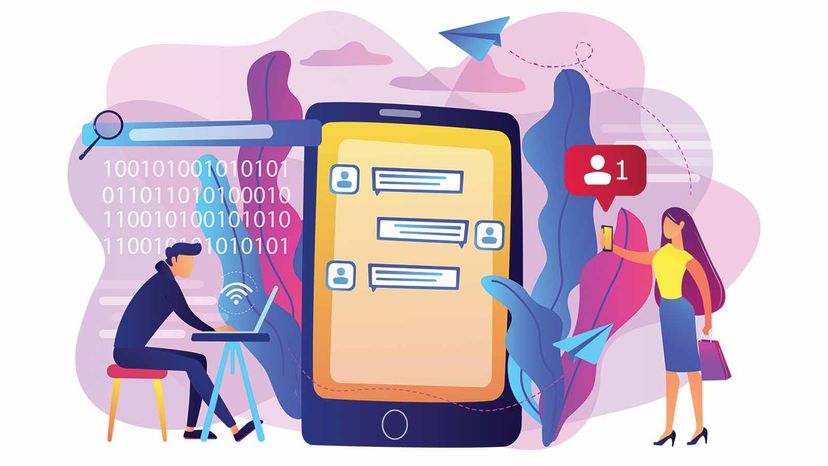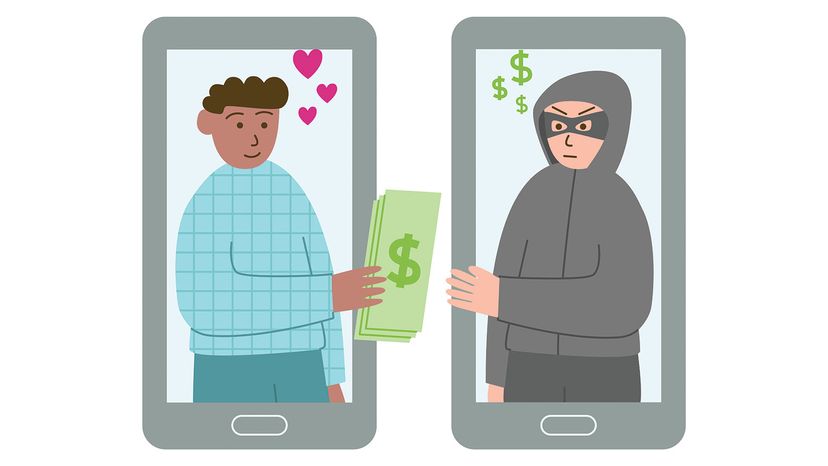
Connected devices like smartphones offer you a world of knowledge and convenience at your fingertips. But they can also create vulnerabilities that allow hackers and scam artists to take advantage of you. This fact leaves many smartphone users asking the same question: Can someone track my phone?
Indeed, they can. In some cases, deceitful third parties can use your phone's native GPS tracking to keep tabs on your location data. They could also sell that data to advertising companies looking to turn a profit on your personal information.
Advertisement
Now what about a stalker? Could one really use the information from your smartphone to track you — or even worse, find you? In this article, we'll delve into the smartphone stalking and whether your data is secure. Plus, we'll review some precautions that can help keep you safe.




